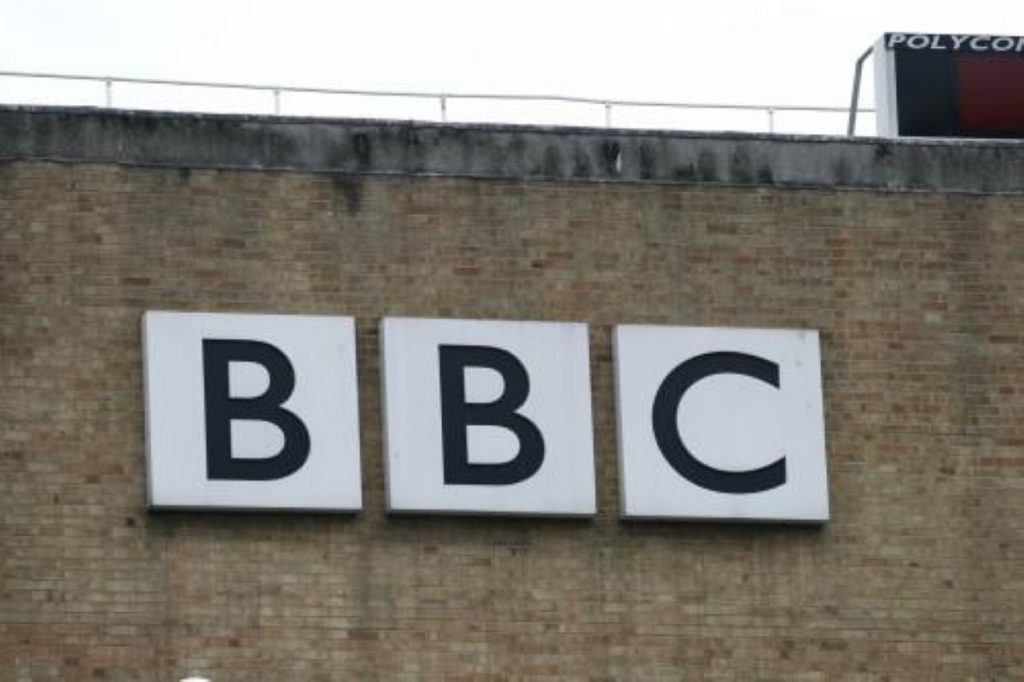BBC licence fee up 3%
The BBC television licence fee will go up by three per cent for each of the next two years, culture secretary Tessa Jowell has announced.
After three years of negotiations, the broadcaster has finally been given its funding settlement for the next six years, which will see the licence fee rise from £131.50 from April 1st and increase steadily to £151.50 by 2012.
Ms Jowell told MPs the money would provide the BBC with £1.2 billion of investment in new services and help them with their £200 million move to Salford, as well as providing stability and certainty for a “strong, independent BBC”.
However, director general Mark Thomson expressed “real disappointment” about the deal, which will leave it £2.4 billion short of what it had asked the government for. It will see the corporation get a cut in real terms funding, once inflation is taken into account.


Mr Thompson said it would now have to decide whether to abandon new investments, which include a whole raft of digital content, or try to increase its own revenue through selling programmes and improving the collection of licence fees.
In a statement, the BBC trust welcomed the certainty that today’s deal provided, at a time when commercial broadcasters are struggling with declining advertising revenues, although it noted it would be “challenging”.
“The settlement announced today means the BBC still receives substantial, guaranteed income of more than £20 billion over the next six years, which is financial security denied to any other media player,” it said.
“But it leaves a gap of around £2 billion over the next six years between what we believed we needed to deliver our vision and what will actually be available. That’s not a gap many organisations can swallow comfortably.”
The Conservatives said it was a “realistic settlement”, but also raised questions whether it would be enough given the BBC’s new responsibilities for switching the nation over from analogue to digital television and radio.
Today’s deal includes a ring-fenced £600 million fund to help elderly and disabled people switch over to digital, but shadow culture secretary Hugo Swire questioned how much the rest of the move would cost.
“The chancellor, who cannot resist interfering with anything and everything, could not resist the chance to meddle with the licence fee. He has loaded the licence fee with a stealth tax, and forced obligations on the BBC it did not want,” he said.
Mr Swire also condemned the past three years of “dithering and indecisiveness” by Ms Jowell and attacked way it was leaked to the press weeks before today’s official announcement, adding: “No future licence fee settlement must be negotiated in this way.”
Liberal Democrat culture spokesman Don Foster condemned the deal outright, saying: “Throughout its history, the BBC has had a proud tradition of setting the gold standard for television and radio. That reputation is now at risk.”
He added: “Today’s decision is not just a blow to the BBC and its audience, it’s also a major blow to Tessa Jowell, thanks to the clunking, tight-fist of the chancellor.”

